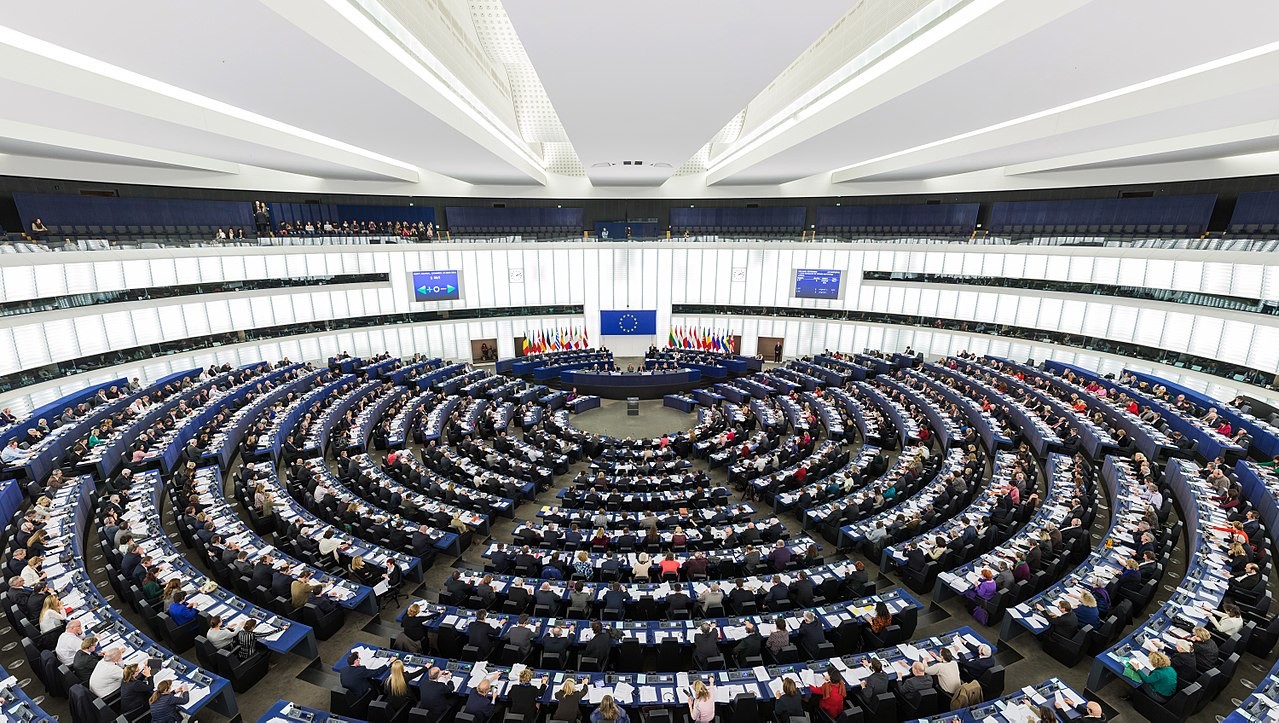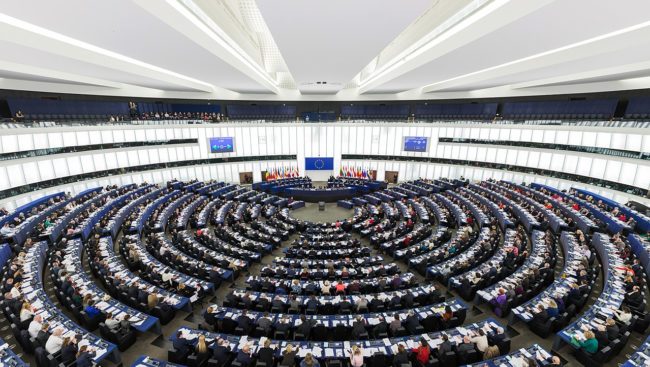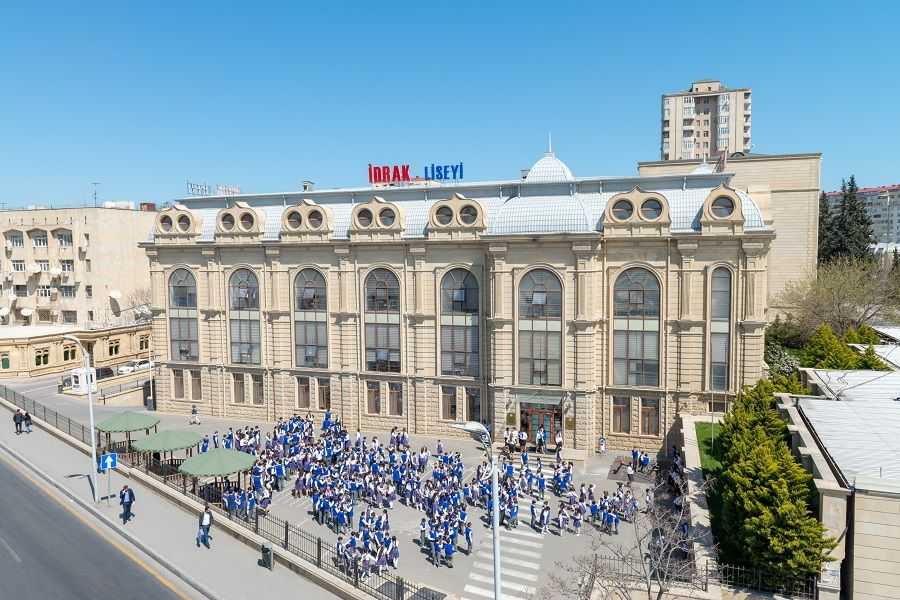

 Members of the European Parliament (MEPs) have demanded a ‘comprehensive investigation’ into the ‘Azerbaijani Laundromat’, a journalistic investigation which revealed a $2.9 billion laundering scheme allegedly operated by the Azerbaijani authorities and used to bribe high level European figures.
Members of the European Parliament (MEPs) have demanded a ‘comprehensive investigation’ into the ‘Azerbaijani Laundromat’, a journalistic investigation which revealed a $2.9 billion laundering scheme allegedly operated by the Azerbaijani authorities and used to bribe high level European figures.
According to the Press Centre of the European Parliament, MEPs condemned the recent ‘attempts by Azerbaijan and other autocratic regimes in third countries to influence European decision-makers through illicit means’.
The resolution condemning the attempt was approved by 578 votes, to 19 against, with 68 abstentions on 13 September.
‘The European Parliament should investigate and adopt robust measures to prevent such corruption occurring’, the MEPs added.
The decision comes a week after an independent external investigatory body of the Parliamentary Assembly of the Council of Europe (PACE), was appointed to look into allegations of corruption made against a number of current and former members of the Assembly.
More pressure on Azerbaijan
According to the Guardian, secretary-general of the Council of Europe Thorbjørn Jagland called for ‘unprecedented legal action’ against Azerbaijan for defying a 2014 decision by Europe’s top human rights court, the European Court of Human Rights (ECHR). If Jagland’s initiative goes ahead, Azerbaijan could reportedly be ejected from the ECHR.
In May 2014, the ECHR found the detention of opposition politician Ilgar Mammadov, described by American rights group Human Rights Watch as ‘one of the country’s few alternative political voices’, illegal. The court said Mammadov’s detention was punishment for criticising the government.
The Guardian reported that although ‘the Council of Europe and ECHR are not part of the EU, the coincidence in timing shows how political repression and corruption in Azerbaijan is rising up the agenda of Europe’s institutions’.
Following the revelations, Azerbaijan blocked the website of the Organised Crime and Corruption Reporting Project (OCCRP), who broke the story. The government denounced the allegations as ‘groundless, biased, and provocative’, claiming ‘George Soros and the Armenian lobby’ were behind the investigation.
After Azerbaijan came under international pressure the last week, Baku’s Yasamal District Court released Mehman Aliyev, head of independent news outlet the Turan Information Agency, from pretrial detention, placing him under house arrest. The charges against him are still pending. On the same day, President Ilham Aliyev signed an order pardoning blogger Aleksandr Lapshin, who was imprisoned for visiting Nagorno-Karabakh.
However, Azerbaijani journalist Khadija Ismayilova has claimed on Facebook that there are still at least 130 political prisoners in Azerbaijan.
A UK-based slush fund
The Azerbaijani Laundromat, as the investigation calls it, was a complex money-laundering scheme which channeled $2.9 billion between 2012–2014 with the help of four UK-registered shell companies. This means that an average of $3 million was channelled from Azerbaijan every day, the Guardian explains.
The scheme spent money to gain influence by paying lobbyists and prominent European politicians, the investigation by the OCCRP, Denmark’s Berlingske, and the Guardian and several others has revealed.
According to the OCCRP, money was used to buy silence, with the transactions completed before Azerbaijani authorities jailed roughly 90 journalists, opposition politicians, and activists after 2014.
For example, one of the beneficiaries of the scheme was Luca Volontè, a senior Italian delegate at the Parliamentary Assembly of the Council of Europe — which includes Azerbaijan. Volontè voted down a report in 2013 criticising Azerbaijan for its human rights record.
[Read more on OC Media: Investigation reveals secret $3 billion UK-based Azerbaijani slush fund]









